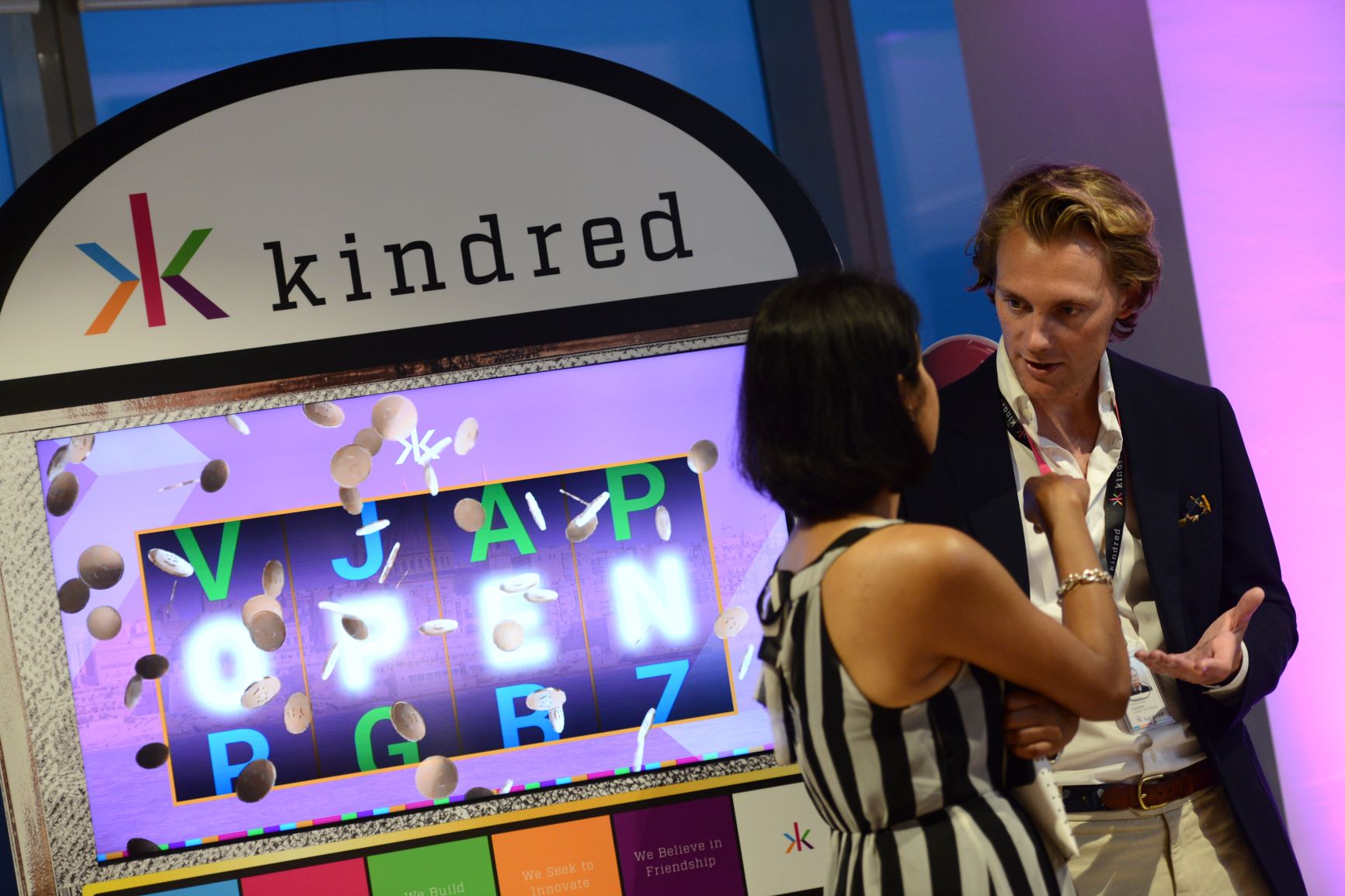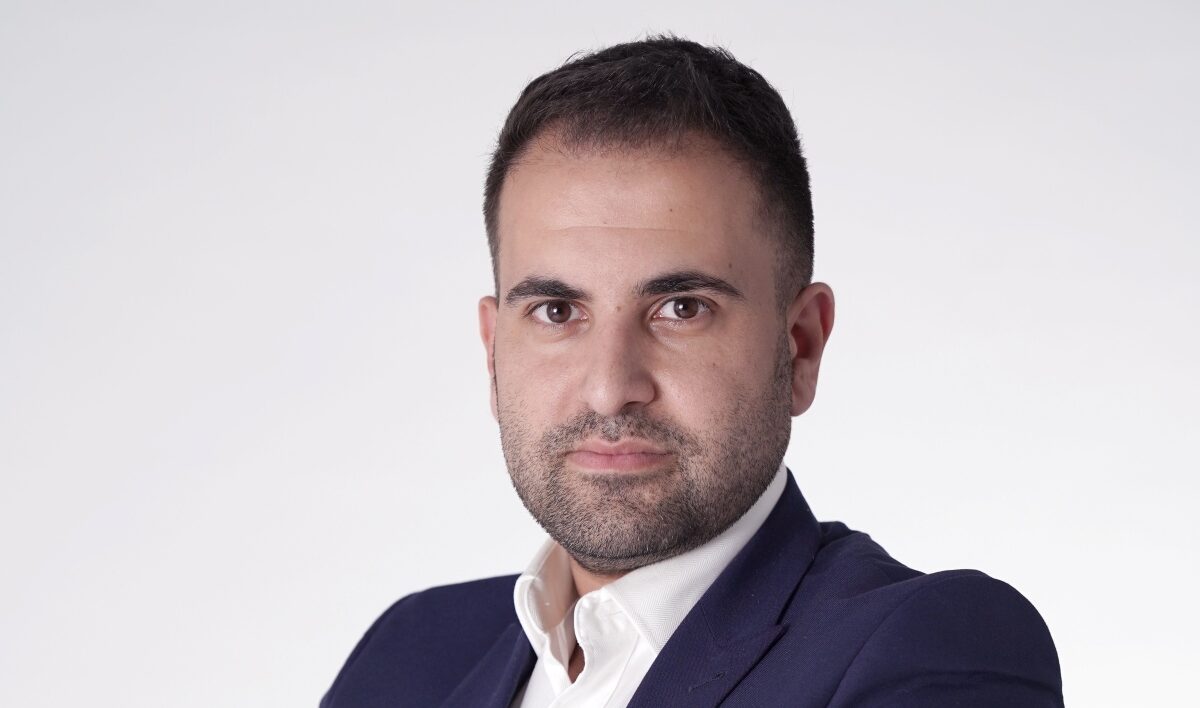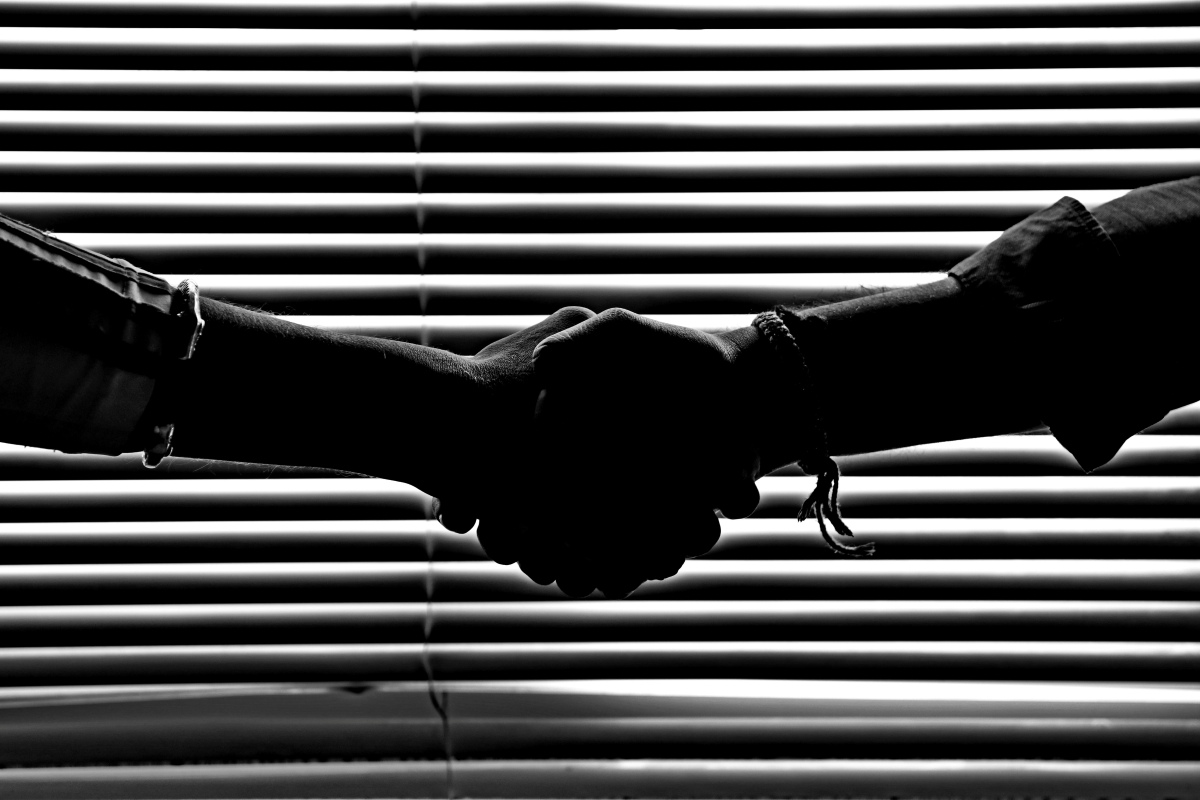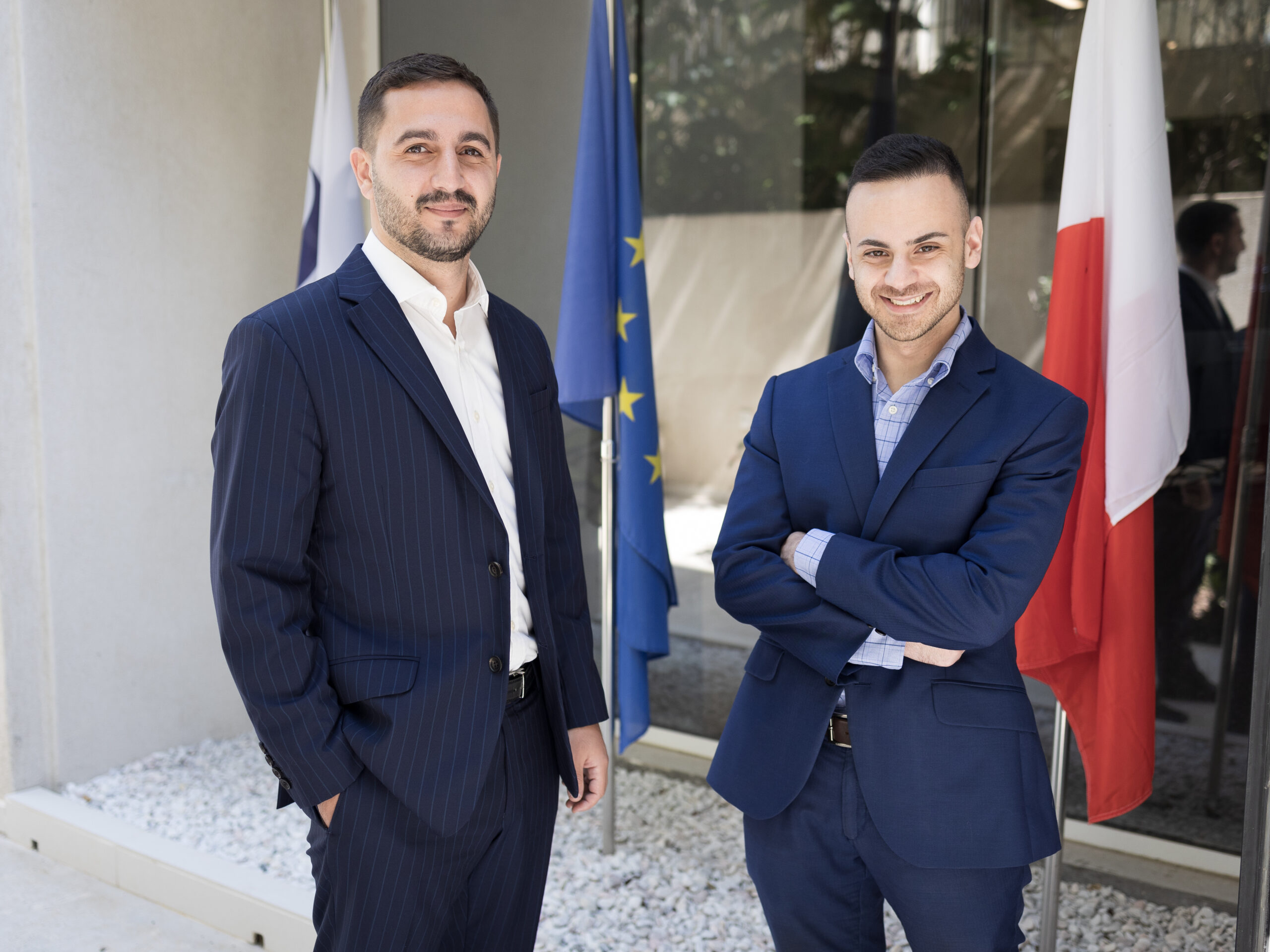Kindred Group is in the midst of a regulatory battle in Norway, as its subsidiary, Trannel International Ltd has been threatened with a daily coercive fine from the Norwegian Gaming Authority as long as it continues allowing Norwegians to place bets using its service.
This fine would consist of NOK 1.2 million (€119,000) daily, if the company’s activities continue, until the total amount meets Kindred’s annual gross profit from the country, which is estimated to be around NOK 437 (€43 million).
This confrontation kicked off in 2019, when the authority ordered the Malta-licensed subsidiary, through which Unibet operates, to stop offering gambling in the country without a local licence.
The regulator argued that the company was targeting the Norwegian market by having websites viewable in Norwegian, deposits and bonuses in Norwegian currency, and the provision of Norwegian language customer service support.
Norway is one of Europe’s last remaining gambling monopolies, drawing criticism from stakeholders including the European Gaming and Betting Association (EGBA), which argues that the country’s monopoly is forcing players to turn to unlicensed offshore operators, meaning the country’s regulator is having less and less control over how gambling companies are being run.
Acording to data cited by the EGBA, around 66 per cent of Norway’s gambling activity takes place on international markets.
The anachronistic layout of the country’s regulatory environment means that its dispute with Kindred is being watched closely by many in the iGaming industry, who see the country’s liberalisation of the market as somewhat inevitable.
As such, all eyes are now on Kindred, which for its part has said it will not block access to Norwegian customers, instead promising to fight for an international licensing system in Norway.
“In the same way that it is not illegal for Norwegians to shop with eBay or Amazon, it is not illegal for Norwegians to participate in cross-border services, including lawful, regulated entertainment-based gambling,” said the company in a statement.
Additionally, it claimed that the Norwegian regulator can not impose fines on companies that are not licensed in the country.

In an online interview, hosted on Kindred’s website, Rolf Sims, the company’s public affairs manager for Norway answered questions relating to “the daily turbulent, political and regulatory challenges on the Norwegian gambling market.”
Mr Sims acknowledged that the Norwegian authorities believe that Trannel is illegal, because its services are accessible to Norwegian customers, but insists that it is not illegal for Norwegian customers to accept and participate in cross-border services, like Trannel’s.
Furthermore, he goes a step further and states Kindred’s belief that, “in failing to organise a transparent licensing regime and conducting a truly consistent gambling policy… the fundamental freedoms within EEA-law (European Economic Area) are systematically being violated by Norway, to the Norwegian Government’s advantage”
Mr Sims clarified that the aforementioned fine is only under consideration, and a decision on whether to order Trannel to pay any penalties has not been made.
Repeating the comparison between the companies services and that of eBay and Amazon, Mr Sims states: “The bigger issue is the flagrant incompatibility of the Norwegian regime with the fundamental principles of and established case law pursuant to EEA law and the legal consequences attached thereto.
“The lack of a transparent and objective licensing regime and the inconsistencies of the current regime disregard what should be the core policy focus, protecting local consumers.”
Discussing the company’s non-compliance with the regulator’s rules and its launch of litigation against the Norwegian Government, Mr Sims states that ensuring compliance with national and international law contributes to a sustainable society.
“This also extends to Norway,” he said, adding that “a comprehensive judicial review of the legality of the order issued in 2019 [for Kindred to stop letting Norwegians access its services] and the gambling monopoly is for the benefit of Norwegian society, consumers and vulnerable players.”
Continue Reading
Together Gaming Solutions plc announces early redemption of its 5.9% unsecure callable bond
These bonds were originally issued in 2019 and scheduled to mature between 2024 and 2026
Maltese-linked Betsolution executives cleared of mafia ties in decade-long Italian case
Domenico Lagrotteria and Alessandro Ciaffi, Italian executives of Betsolution, were arrested in Malta and extradited to Italy in 2015
CasinoBonusesFinder: A fresh look at bonus finding in 2025
Since 2010, online platform CasinoBonusesFinder has helped players answer one essential question: Which casino bonus is truly worth my time?
Maintaining Malta’s edge in iGaming – CLA Malta weighs in
As emerging jurisdictions challenge Malta's iGaming dominance, CLA Malta’s experts outline the critical success factors










